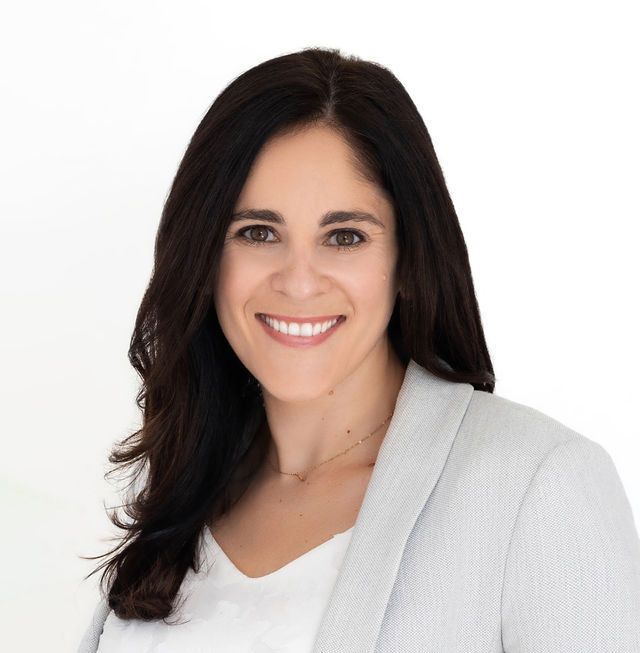Happy New Year. As we continue to reboot to whatever the “new normal” is, here’s hoping that this year will be one of health, happiness and prosperity for you and your company, or organization.
As you focus on the days and weeks ahead, you might find yourself reflecting upon successes and/or failures over the past year and how you’ve survived whatever turmoil you, and your organization, may have experienced. Surely, you’ve already formulated your goals (resolutions?) for 2022—you know, those personal and professional objectives that are decided upon with the best of intentions, but fall by the wayside with each turn of the calendar page.
According to the Fitness Industry Association, 12 percent of gym members sign up in January but most people have quit, or stopped going, after 24 weeks. If you haven’t yet set meaningful, and attainable, goals for the new year and are thinking that might be a worthwhile task, ask yourself (at least) three questions:
• What, specifically, do I want to accomplish in 2022?
• How will I do it?
• How will I know if I’m on the correct path to achieve it?
For example, do you want to grow your company’s revenues and profits? If so, by how much? And what is your strategy for doing so? Do you want to increase your income? If so, by how much? Perhaps you want to expand your territory, further develop key accounts or grow your client or customer base. Maybe you want to learn how to work more effectively, and efficiently, so you can accomplish more—in less time—and have more time to pursue other interests: a favorite hobby or a meaningful charity?
Whatever your goals are, they must be specific. You can’t formulate plans for accomplishment if you don’t know exactly what it is you want to accomplish. More important, you must be clear about why those accomplishments are important to you. And the “why” must be significant, and meaningful, to you. The motivation to pursue goals that have only superficial meanings, or provide short-term gratification, fades quickly.
Once you’ve decided exactly what you want to accomplish, you must determine how you’re going to do it. For each goal, start with the end result—the accomplishment of the goal—and work backwards, identifying the sequence of steps that will lead up to that accomplishment. You will need a timetable and a sense of flow, to map out your plan, so you’re not working haphazardly, or frantically.
You should also be brutally honest with yourself about your ability, and willingness, to perform each step. You may decide, for example, that you’d like to attempt a 26.2-mile marathon. But are you willing to put in the time to accumulate the training miles necessary? Or do you have any physical, or health, limitations that would prevent you from doing so? Even the most well-thought-out plan will fail if you lack the skills to perform any of the steps or you’re unwilling to do what needs to be done—when it needs to be done.
To determine if you’re on track, and on schedule, in accomplishing your goals, include benchmarks in your plans at mile-markers along the path. If you’re off track, you can make adjustments to recalibrate, get back on track and on schedule. Marathoners track their daily, and weekly, mileage. Airline pilots don’t fly in a straight line; they plot a course between vectors. Sailboats also tack and adjust their course along the way.
This new year will be exactly what you make of it—nothing more and nothing less. You have a choice: you can develop lofty goals; you can develop play-it-safe goals; or you can simply let things happen as they may. Your ability to see, today, a picture of what you want in the future, and your willingness to develop and implement a plan for accomplishment, will determine whether today’s picture becomes tomorrow’s reality. ♦
Jim Marshall is owner and president of Sandler Training of Tampa Bay, which provides sales, corporate and management training to high-achieving companies and individuals. Contact him at 813.287.1500 or [email protected].









